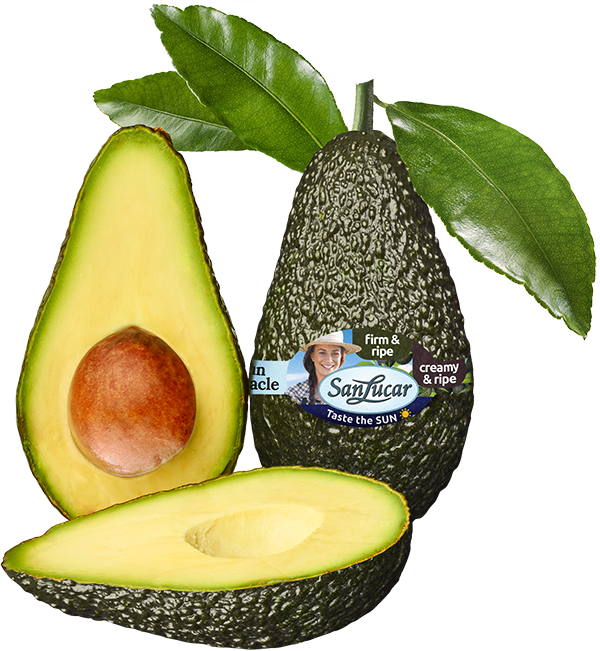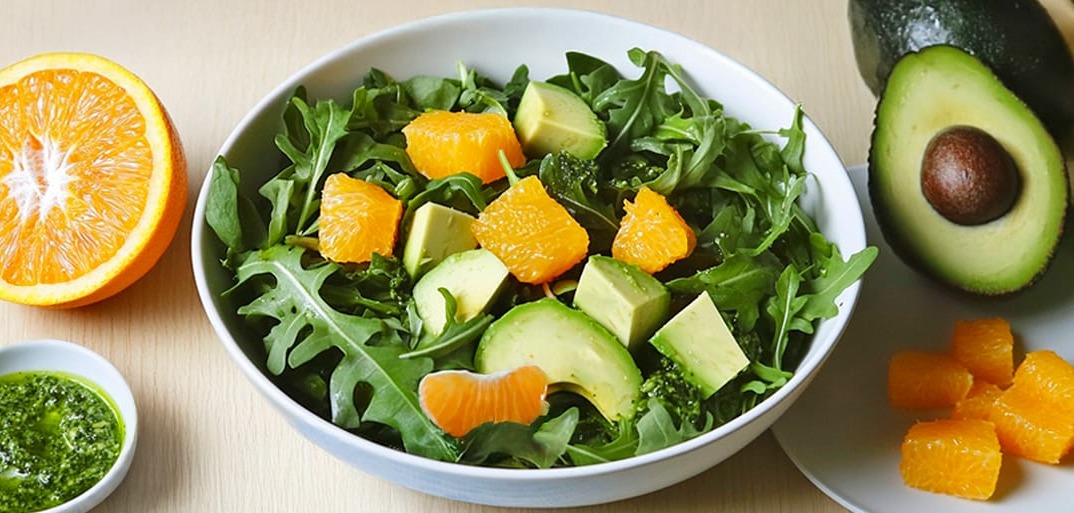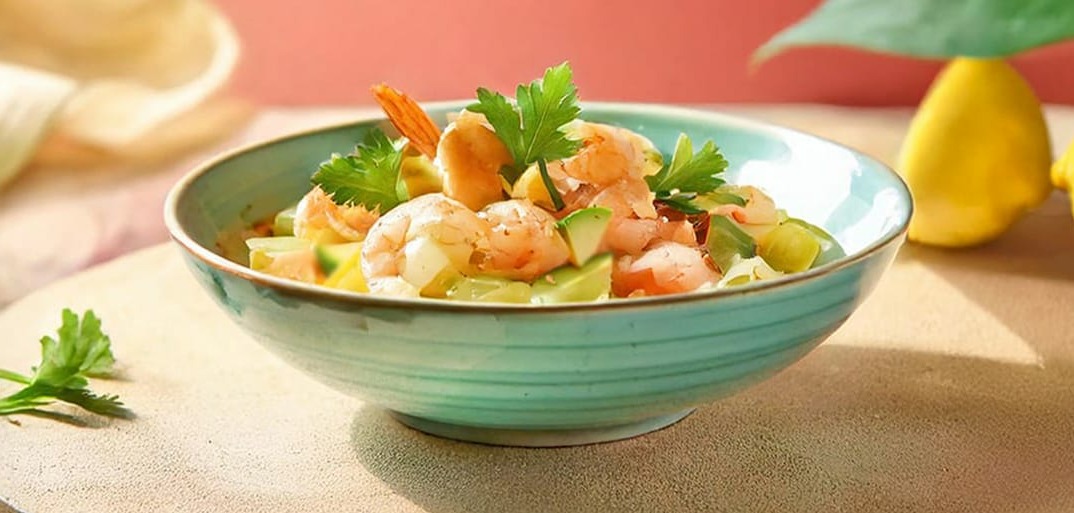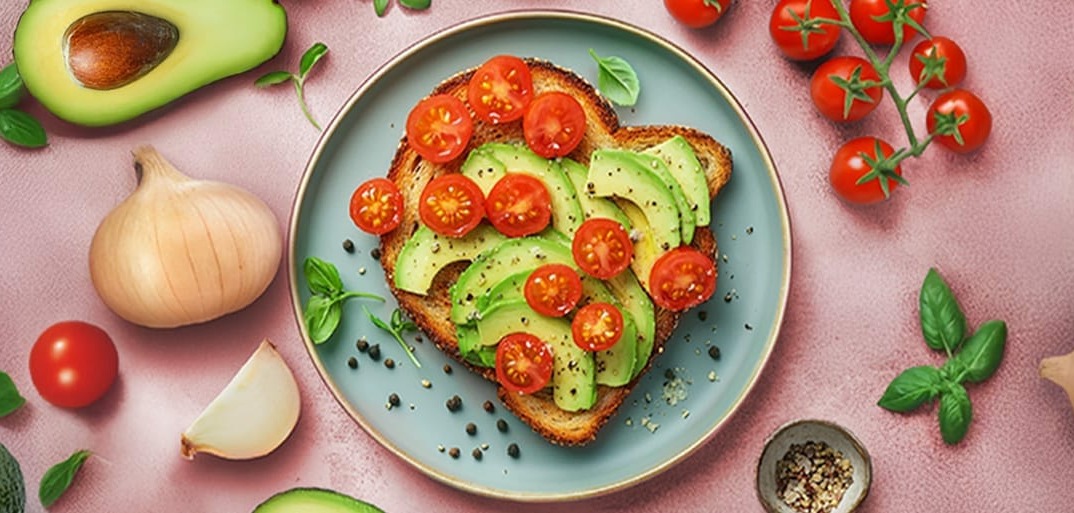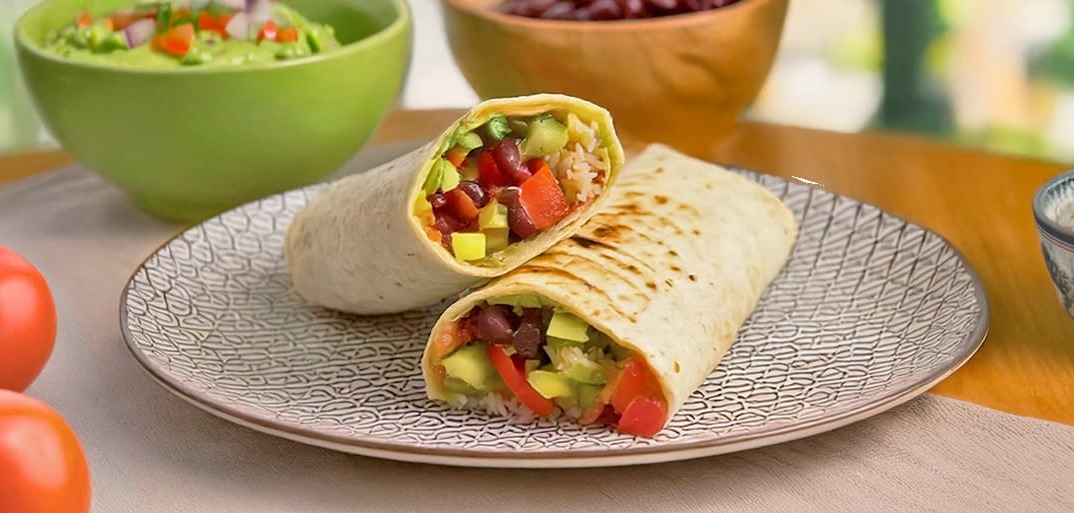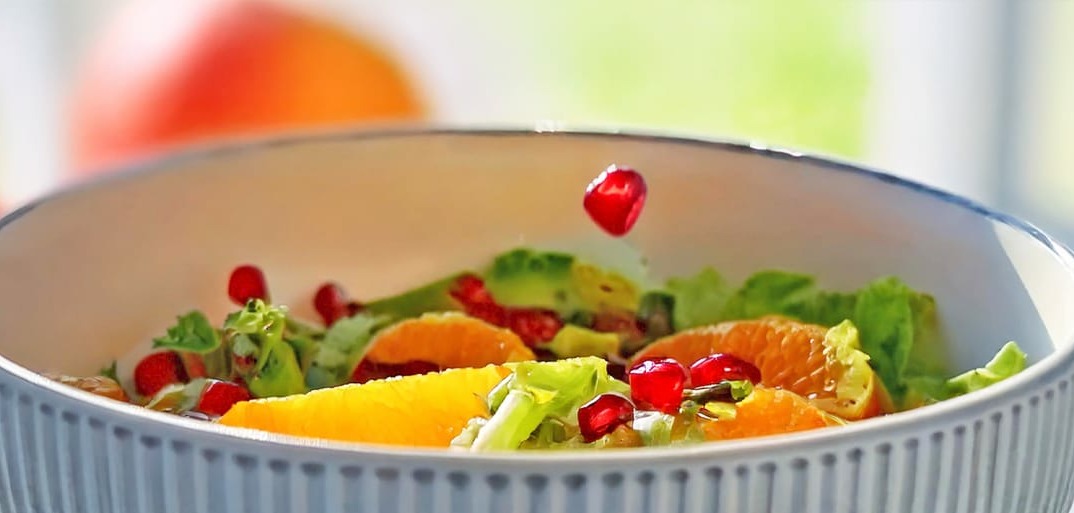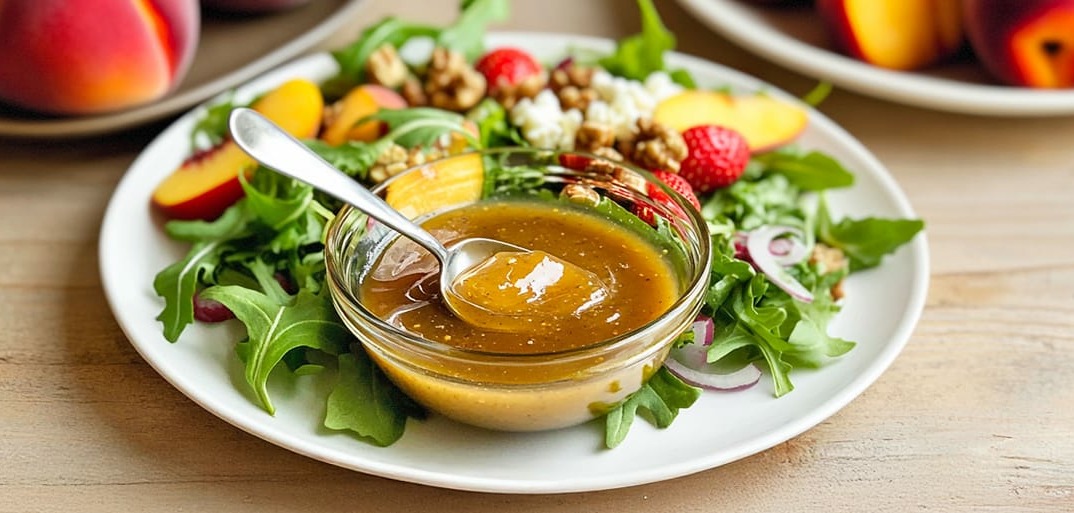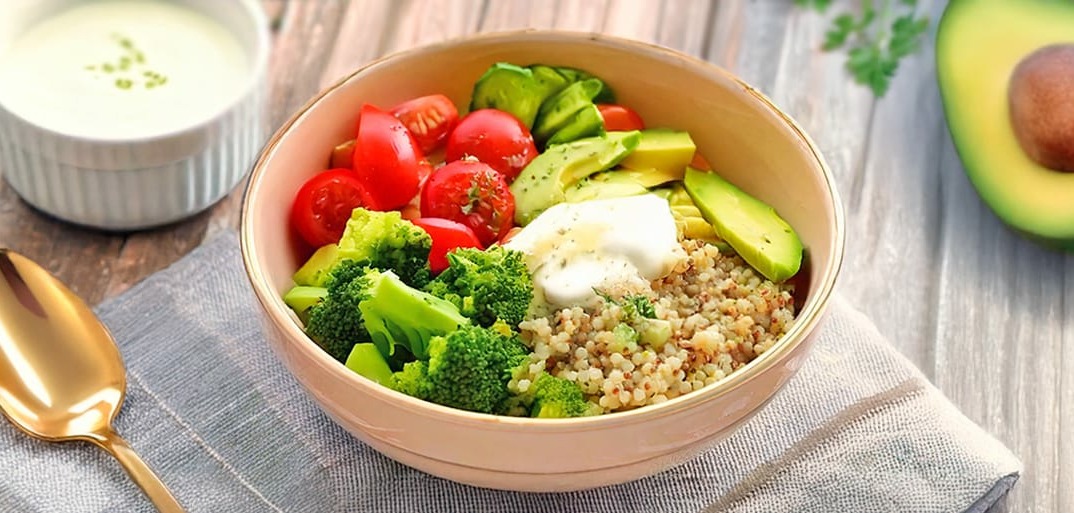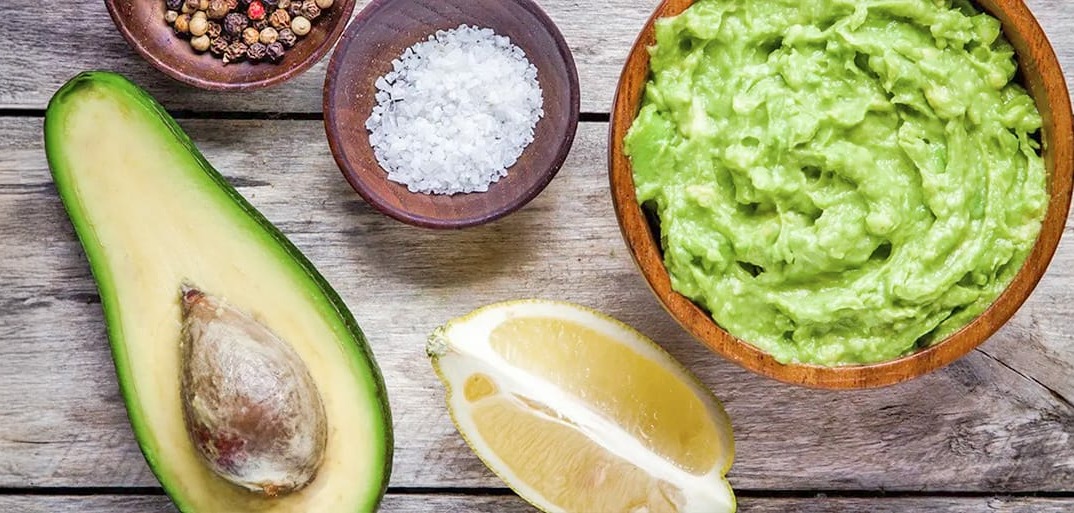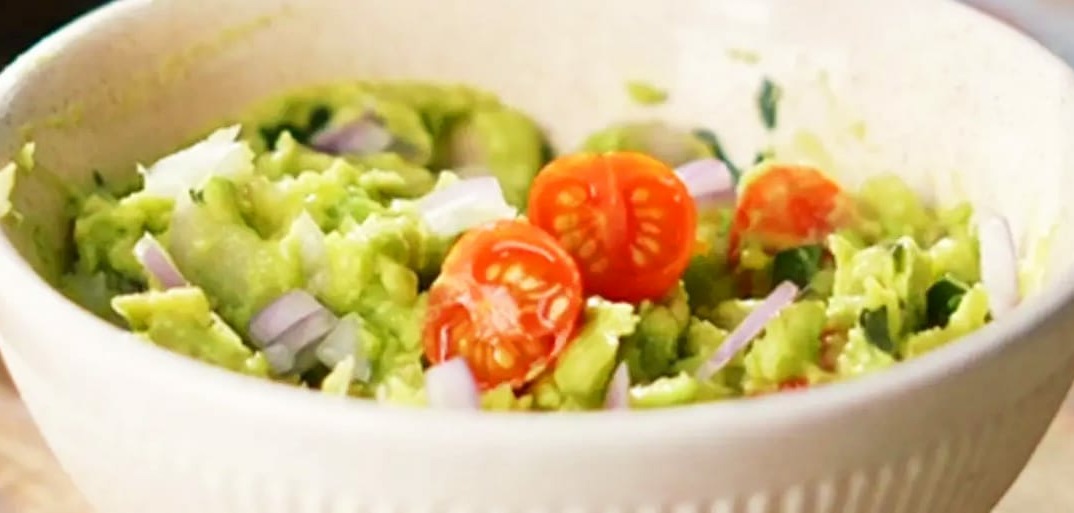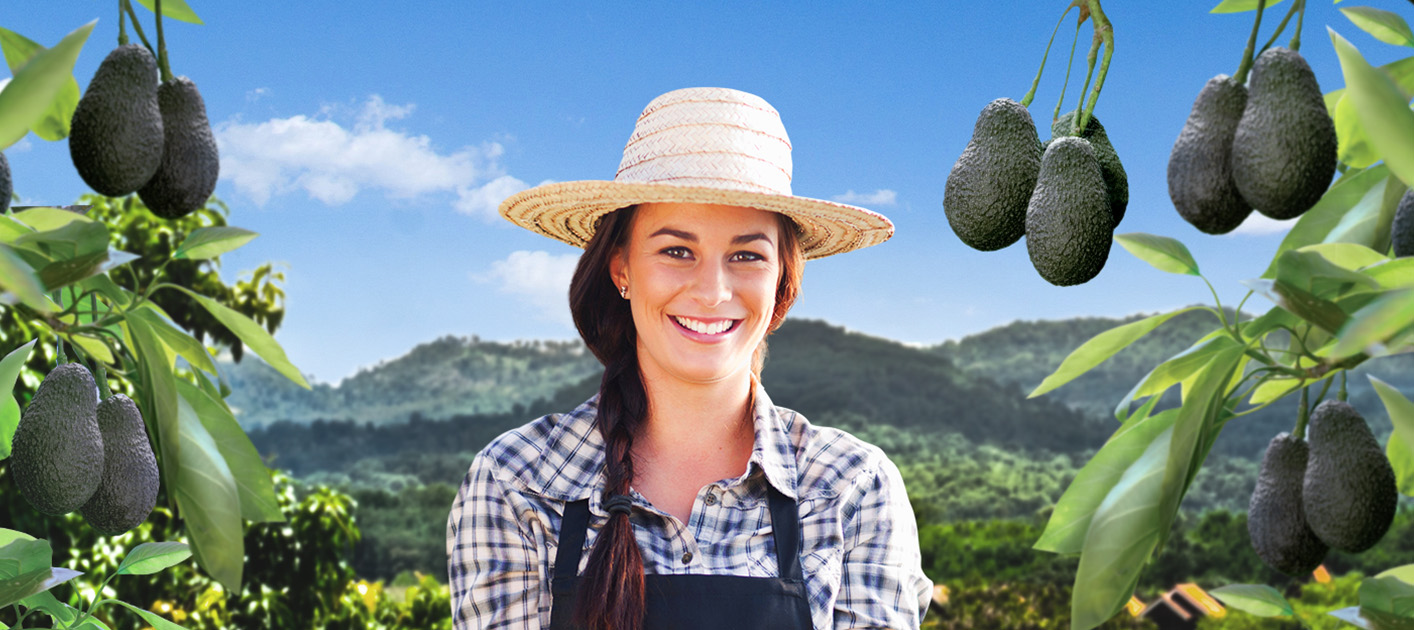
Our green natural wonder.
When Linda Flores strolls through the plantation and sees the plump, dark-green avocados, she is always amazed: “How does nature manage to produce such delicious powerhouses?”
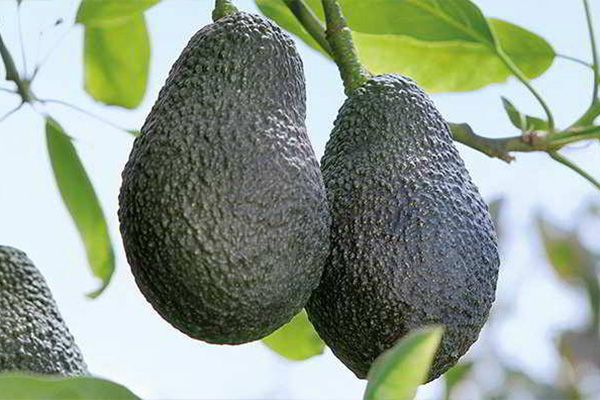
We don’t know the answer to this question either. But what we do know is that our “sun wonders” taste wonderfully creamy and mildly nutty because we treat them very gently. We also ripen them under natural conditions. This means that our avocados, which we grow in Spain and Peru, stay fresh and of first-class quality for longer.
Even before the harvest, we do everything we can to ensure that the fruit is healthy and thriving. “After flowering, we allow the fruit to ripen for six months,” laughs Linda. To determine the ideal ripeness for picking, we measure the oil content. This is crucial for a pleasant, mild aroma.
Our credo is: The best taste in harmony with people and nature. That is why we pay our pickers fairly and offer free meals. But our most important cultivation partner is nature. We protect it by collecting rainwater and channelling it to the plantation via a canal system. We also rely on natural predators for pests – which keeps nature very happy indeed!
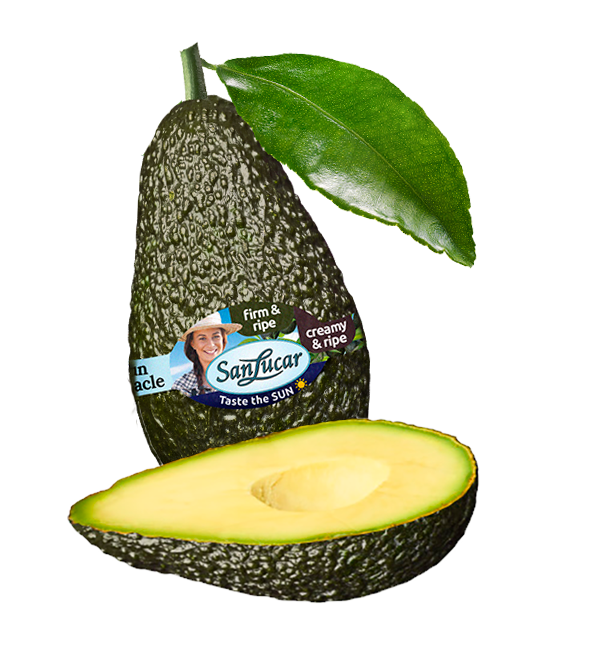
Good to know
When the avocado is still somewhat firm, it is suitable for salads. For a guacamole you should let them ripen.
More interesting factsabout avocados
Tips and special features
Avocados are suitable for numerous dishes. You can eat the fruit pure, use it as a delicious ingredient for tasty salads, make a fine guacamole or even a sweet avocado cream. And avocados also taste delicious in green smoothies.
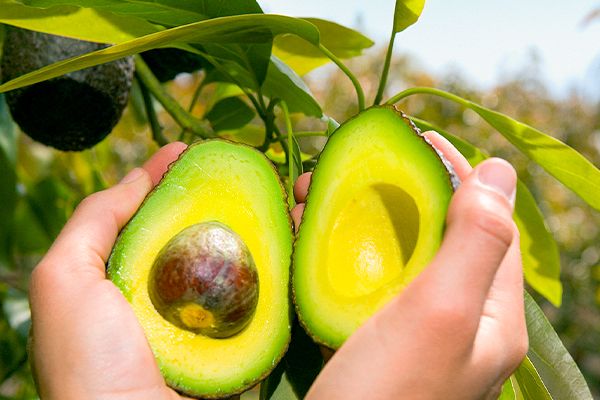
Storage
An already ripe avocado stays fresh longer in the refrigerator. Store an unripe avocado at room temperature so that it can ripen better.
History
The avocado tree, which can grow up to 15 meters high, originally comes from southern Mexico. In Central America, the fruit has been appreciated for over 10,000 years.
Country of origin
For example, we offer Hass avocados from Spain from November to March and from Peru from April to October.
Nutritional information
| Vitamin B6 (mg/100 g) | 0.3 mg |
| Vitamin E (mg/100 g) | 3.5 mg |
| Potassium (mg/100 g) | 550 mg |
| Calcium (mg/100 g) | 14 mg |
| Magnesium (mg/100g) | 25 mg |
| Phosphor (mg/100 g) | 49 mg |
| Calorific values: Energy | 130 kcal |
| Fett thereof |
12.5 g |
| Saturated fatty acids | 8.1 g |
| Monounsaturated fatty acids | |
| Polyunsaturated fatty acids | |
| Carbonhydrates | 3.5 g |
| of which sugar | 3.5 g |
| Protein | 1.4 g |
| © German Food Code 3.02 |
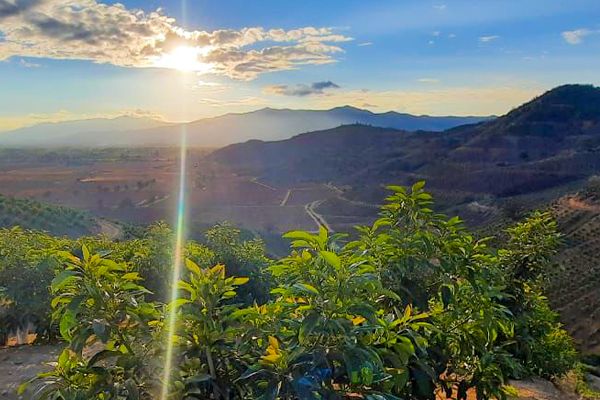
Taste in harmony with people and nature
We use our modern, digitally controlled water management system to save water, always rely on natural predators first when dealing with pests and protect the bees.
More about our social responsibility
